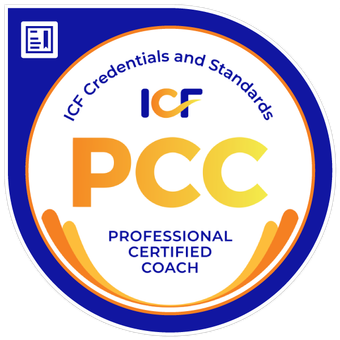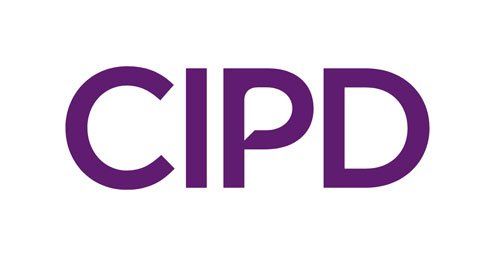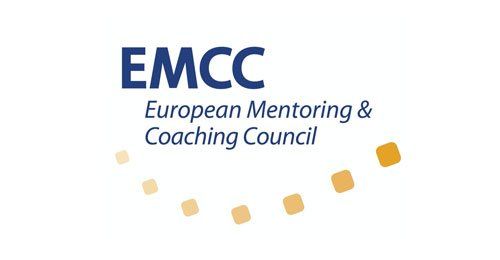What is Teamship and why does it matter?
All organisations want great leaders.
Agile leaders. Dynamic leaders. Leaders who can transform organisations and business results.
The learning and development market is saturated with leadership development services and offers. Individuals are invited to ‘Make an Impact’ ‘Lead with Integrity’ ‘Communicate your Vision’, ‘Persuade and Influence’.
But organisations aren’t made up simply of leaders. In our attempt to invest in and grow the very best individuals, have we forgotten about the skills that are needed to work in teams?
Most of us work in teams and in the modern world, teams are all shapes and sizes. Sometimes, my team will consist of a disparate and geographically separated group of colleagues, who have been brought together on a short-term project. Our common ground is limited – we hail from different corporate cultures and we don’t even answer to the same masters.
When executive boards set the direction for a people strategy, management and leadership skills are almost always on the agenda. Most medium sized (200-1000 employees) and all larger organisations will have some budget set aside for developing individual leaders. Very few will have any ringfenced investment in ‘Teamship’ development. Business leaders will argue that a good leader at the head of a team is enough to take that team to where it needs to be. Or, they will point to periodic ‘team away days’ as evidence of ‘teamship’ development.
Well yes, a well-run, ‘team in tact’ event can make a very real difference to the performance of a team, once they return to the work place. And yes, a good leader can indeed be the difference between a team delivering or not.
But there is nothing strategic in the thinking here when it comes to teams. There is no base-line of ‘teamship’ capability or skills-level expectation set out for the organisation. Which, when you think about it may be a little short sighted.
At Verosa, we value ‘Teamship’ Skills as highly as we value Leadership Skills. In fact, often we would argue that the best leaders are those who can flex to work as part of a collaborative – often virtual – team effort. We are regularly called in to work with teams where things have gone drastically wrong. At this point, team-coaching and mediation is often required to turn a dysfunctional team around.
But investing in ‘teamship’ skill training at an early stage could very well prevent such pain points ever occurring. Whilst the skills of positive influencing, delivering clear messages and making strategic decisions apply to both worlds, the context is naturally very different and it’s this context that is so important in developing in this area.
So, what are ‘Teamship Skills’ and how do we develop them?
1) Supporting the team goal:
What is our team for? To get results that are not possible for individuals to attain alone. In order to start down that path, everyone needs to know where they are heading. It’s not enough for team goals to be something other people know about. Team goals should represent our shared purpose and vision. As team members, obtaining both a deep understanding and internal endorsement of our team’s objectives is critical. Being able get involved in the challenge process, asking positively motivated questions and being prepared to compromise our own position are complexities in this skill area and are often overlooked for their value. Our role here is to help our leaders and colleagues to make rigorous and considered decisions. If we have been given a voice – we must use it, but not abuse it. Remember the overall aim is the betterment of the team as a whole.
2) Learning to Listen:
Healthy teams develop a well-functioning feedback loop in which all opinions are valid, all options considered and curiosity rules. In the flourishing team, members are excited by the prospect of sharing their thoughts, but even more important is the skill of listening to and really understanding the opinions of others. As a team member, we need to commit to giving all manner of input air time. Even if the dialogue right now doesn’t directly involve us, we are a cog in the wheel and need to play our part in supporting the business through applying our thinking to a broader piece.
3) Considering our Impact:
We all want our voices to be heard. As individual leaders, we often have an advantage as we are conditioned to lend our ears to those in charge (even if we don’t like what they have to say!) But for team members, positioning our thinking and crafting the delivery of our message is really important if we want to be heard. Working with communication specialists on our delivery style can be extremely valuable, as can being open to honest feedback about how we come across. How a message is intended to be understood and how it is actually received are often worlds apart. This is even more the case with virtual teams, where written messages and emails often replace face to face contact.
4) Celebrating Success:
Learning from Failures: In mature and healthy, flourishing teams, trust among members is highly valued. In these teams, it’s ok to make mistakes. It’s ok to learn and develop. It’s ok to give and to receive constructive feedback. Critique is valued and it’s what will give us the edge. The team develops a collective, ‘bring it on’ mindset and seems almost to thrive on knowing on what it can improve upon. This ability to overcome a ‘self-bias’ - a very natural psychological phenomenon - is a key teamship skill. As a team member, we have to be able to recognise and master our natural instinct to claim all success as internal, induvial ones and all failures as external, group ones. Learning to celebrate team successes (which in the early days at least may be harder won than individual ones) and being able to take ownership and accountability for the part we as individuals have played in group failures is key here.
If you find this article interesting or useful, please do share across social or via email.














